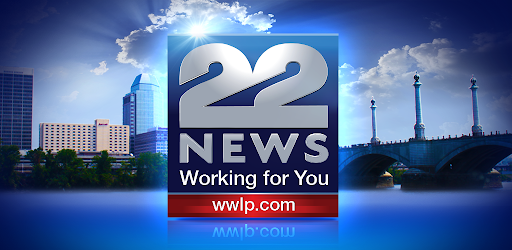BOSTON (SHNS) – Three months into a year-long campaign to reassess eligibility for all 2.4 million MassHealth members, officials are still waiting for the ripples of disruption to turn into the waves they expected.
“It’s a marathon, not a sprint, and we’re only at the beginning,” said Mike Levine, the state’s assistant secretary for MassHealth, while visiting an enrollment center in Worcester.
Or, as Health and Human Services Secretary Kate Walsh put it during a Massachusetts Health Connector board meeting earlier on Thursday: “We haven’t even hit Heartbreak Hill yet.”
“This is a marathon, and we’re going to be at it for the rest of the year,” Walsh said.
The Massachusetts Health Connector has seen an influx of people who formerly received publicly funded insurance from MassHealth enrolling in plans offered through the state-run marketplace, but so far, the volume has been fairly small.
More than 16,000 people who lost MassHealth coverage since April 1 have transitioned onto a plan available from the Massachusetts Health Connector, according to Marissa Woltmann, the Connector’s chief of policy.
That reflects about 22 percent of people who were deemed no longer eligible for MassHealth but qualify for a plan through the Connector, which Woltmann said is “higher than some of the preliminary data we’ve seen coming out of other states as well as an assessment of our own data on pre-COVID transitions.”
Still, three-quarters of people who lost MassHealth and are now eligible for the Connector have not yet selected an insurance plan offered through the state-run marketplace, according to Woltmann’s presentation at a Connector board meeting.
Four out of 10 people in that subset do not qualify for any subsidies to offset the cost of insurance through the Connector, and many of those people have access to coverage through other avenues like an employer-sponsored health plan, officials said.
“We are still relatively early on in the process and haven’t yet seen the real steep increase in newly eligible people who are reaching their termination date with MassHealth, but we anticipate those more substantial waves are coming soon,” said Connector Executive Director Audrey Gasteier.
Like many other states, Massachusetts saw enrollment in MassHealth — which combines Medicaid and the Children’s Health Insurance Program under one umbrella — swell during the COVID-19 emergency.
Levine said MassHealth is “really pulling out all the stops” to achieve a better outcome here than in other states. He said the agency has streamlined the renewal paperwork, making it 75 percent shorter than it was last year before the redetermination process began, and expanded its footprint with new enrollment centers in Worcester and in Chelsea.
MassHealth previously set its sights on staffing up to have more workers who can determine eligibility, process applications and work in call centers.
The state has also partnered with groups like Health Care For All to launch a communications and outreach blitz. Canvassers have knocked on more than 320,000 doors, and community-based organizations have held more than 500 events in the communities most at risk of residents losing MassHealth coverage, according to LaMontagne.
For the full article, click here.

